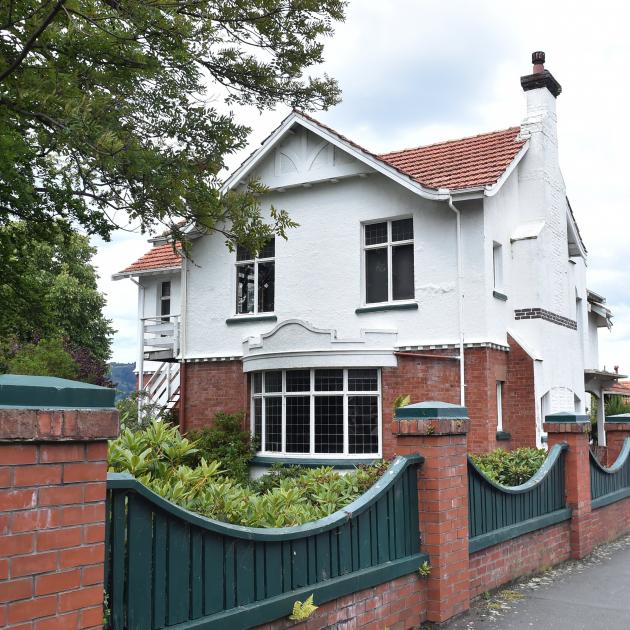
Allowing more activities in scheduled heritage buildings could be another.
The Dunedin City Council is considering how it should change its district plan to better protect heritage, as well as possible adjustments to rules about design of multi-unit housing.
This could include reducing the permitted area of impermeable surfaces, to allow more water to soak into the ground at a property, or increasing the landscaped area.
A workshop was held this week to provide some guidance to staff before they draft provisions for a plan change.
Cr David Benson-Pope said the existing rules had mostly worked as intended, facilitating more intensive residential development near shopping centres and arterial transport routes.
However, there was broad support for some tweaks, he said.
Among the options is investigating the introduction of a method aimed at providing interim protection of buildings that did not yet have formal heritage status, but were valued by the community.
Such a policy could target buildings with higher likelihood of heritage values, it was suggested.
Preventing redevelopment of old, poor-quality housing could be contentious, council staff noted.
There was also limited capacity for heritage experts in Dunedin to undertake assessments.
Cr Benson-Pope said the council would look into encouraging refurbishment or different usage of buildings that might otherwise be at risk.
He felt there could be ways to improve rules about provision of green space.
The workshop presentation for councillors included public feedback about multi-unit housing.
An unscientific online survey showed 73% of 370 respondents believed more needed to be done to improve the design of multi-unit residential developments regarding their effects on streetscape amenity or neighbourhood character.
Design concerns included the size or height of developments causing shading or compromising privacy and perceptions of too much concrete or not enough green landscaping.
Cr Sophie Barker said the workshop was principally about retaining the city’s character while enabling the intensification required to meet housing needs.
"Our community have been giving feedback on their concerns around heritage protection and impacts of new developments on their communities, so it’s good to look at a range of solutions to help improve outcomes for our cityscape".
Controversy this year about the proposed demolition of a 103-year-old house in Stuart St to make way for apartments has put some focus on development rules.
The home at 284 Stuart St was not a protected building under the city’s district plan heritage schedule, although it would have met the criteria for protection.
Cr Barker said the council hoped to avoid such scenarios.
TGC Homes director George Hercus said the council needed to ensure enough housing was built in the city.
The effect of development on stormwater networks could depend on the area, he said.
"I would prefer to see flexibility and a pragmatic solution applied to the specific requirements of each location"











